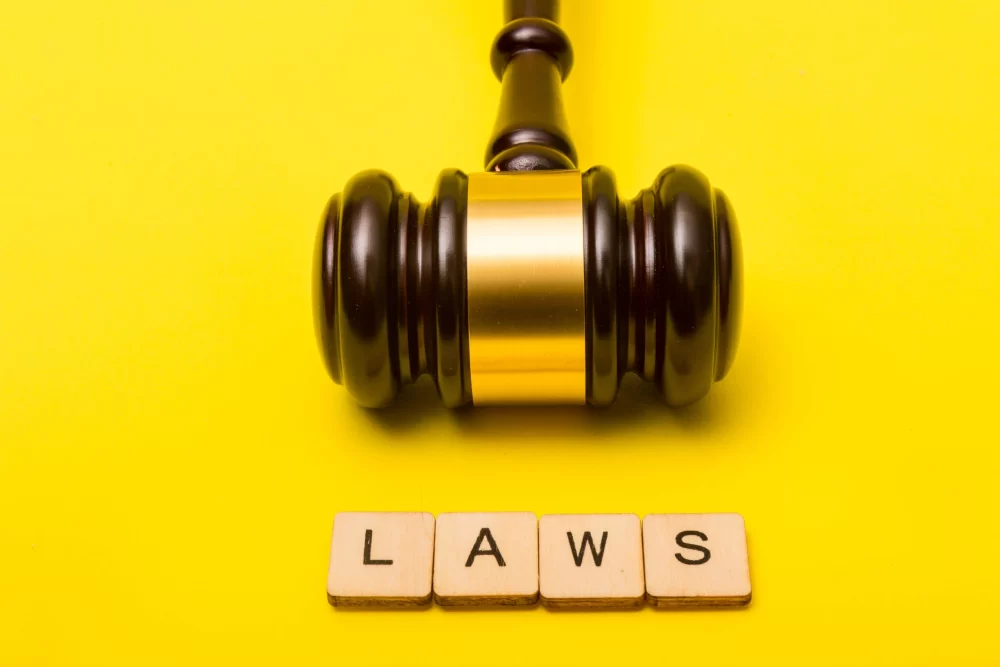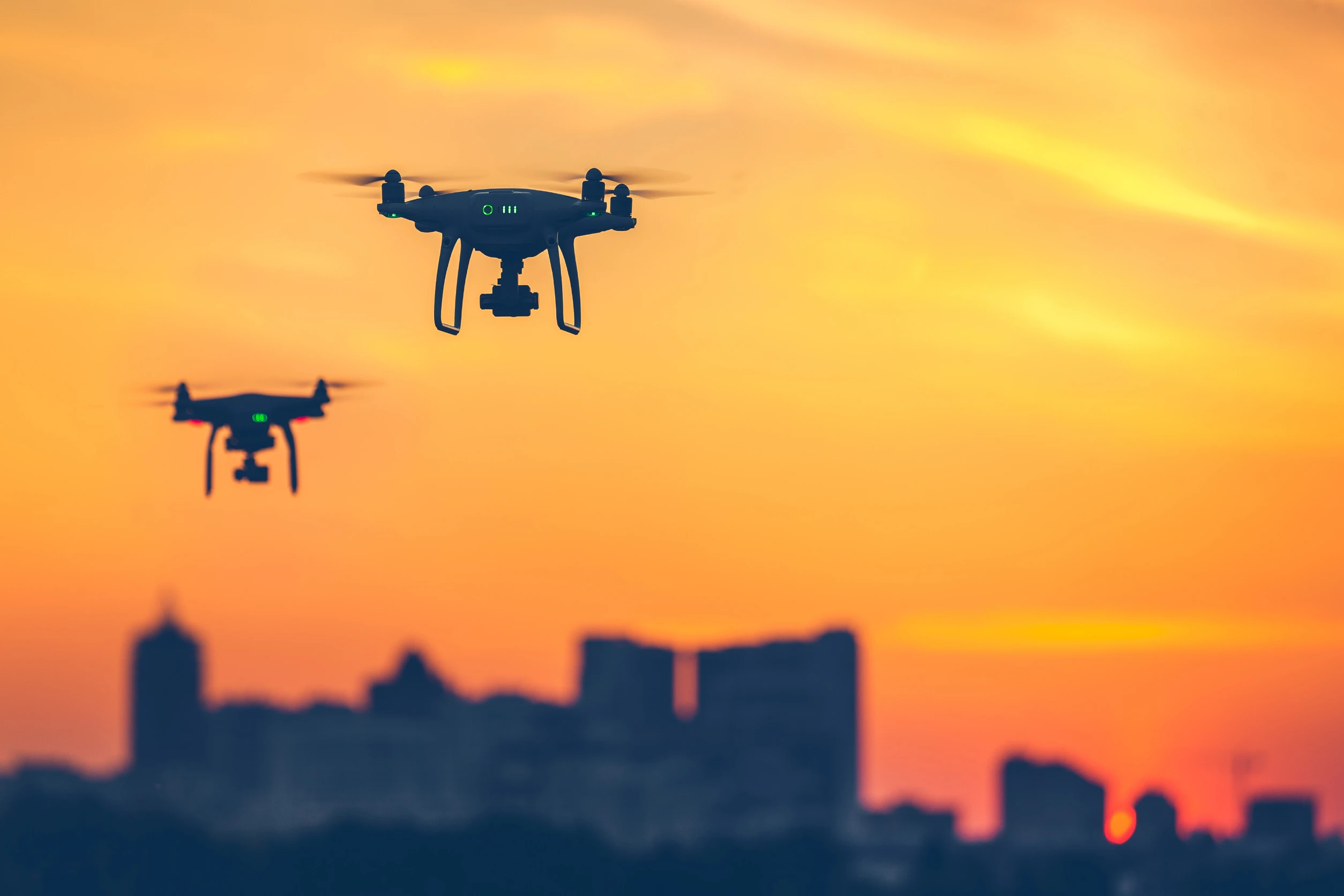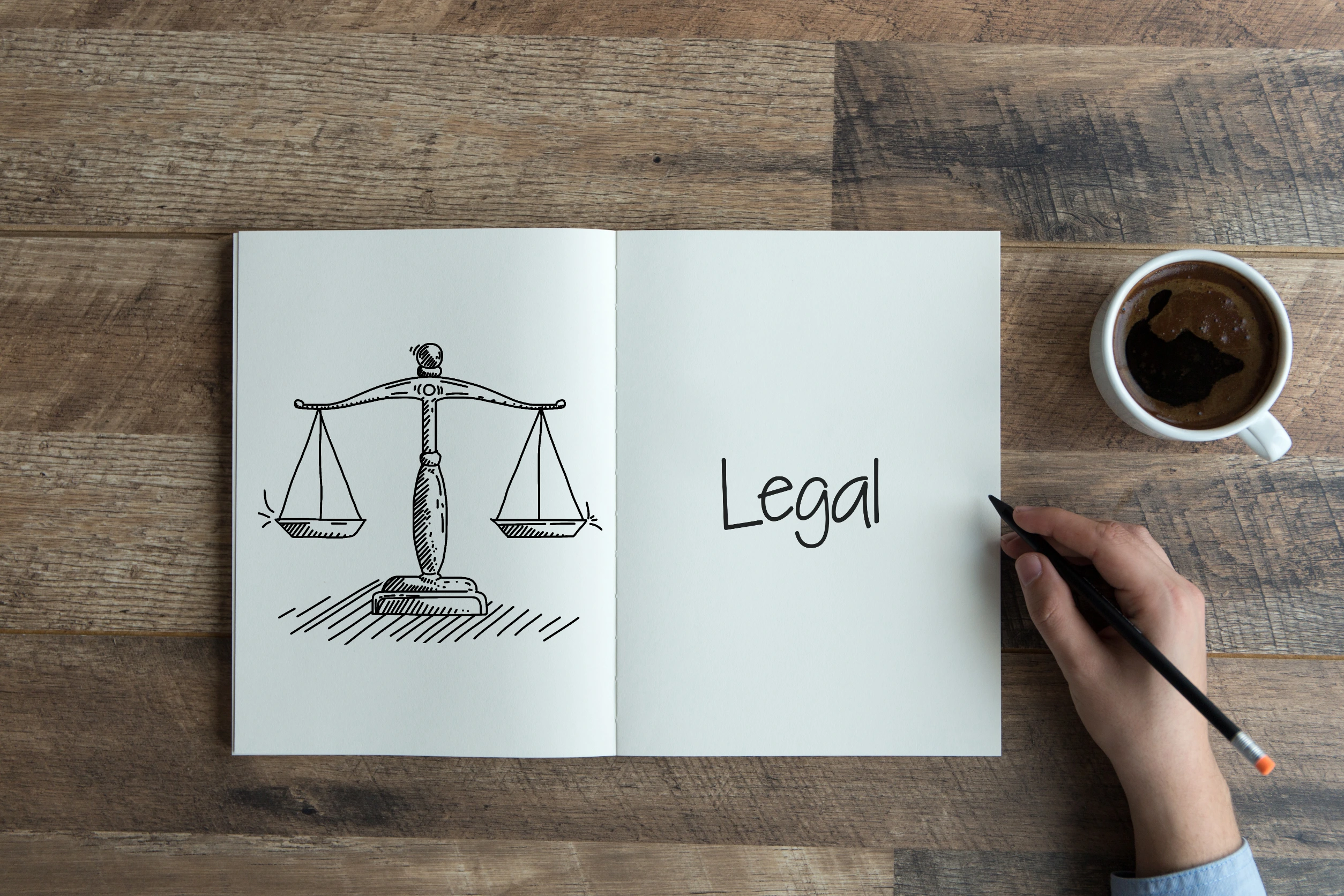
Laws are intended to maintain order and protect citizens, but sometimes, they fall short, allowing certain practices that are ethically dubious or downright outrageous. From owning exotic animals to other surprising activities, here are 14 examples of activities that are, shockingly, still legal, sparking debates about their ethical implications and the need for legal reform.
1. Owning Exotic Animals as Pets

In some states, it’s legal to own exotic animals like lions, tigers, or bears as pets. This raises significant safety concerns and ethical questions about animal welfare. Keeping wild animals in domestic settings often leads to poor living conditions for the animals and can pose serious risks to the owners and their communities.
2. Corporal Punishment in Schools

Corporal punishment is still legal in 19 states across the USA. This means students can be physically disciplined by school staff, a practice at odds with modern understandings of child welfare and psychology. The use of corporal punishment in schools has been linked to long-term harmful psychological and educational outcomes.
3. Conversion Therapy for Minors

In several states, it’s still legal to subject minors to conversion therapy, a practice aimed at changing an individual’s sexual orientation. This practice has been widely discredited by the medical community and is known to cause psychological trauma.
4. Child Marriage

Child marriage, defined as marriage under the age of 18, is legal in many places with parental consent. This practice can have detrimental effects on the health, education, and overall well-being of minors, and is considered a violation of human rights.
5. Salvage Logging Without Environmental Review

There are still places where logging companies can legally cut down trees in areas affected by natural disturbances without comprehensive environmental assessments. This can lead to significant ecological damage, including habitat destruction and increased soil erosion.
6. Private Ownership of Machine Guns

In some jurisdictions, it’s legal to own machine guns and other automatic weapons. The ease of access and potential for misuse of these high-capacity firearms pose significant public safety risks.
7. Patent Trolling

Patent trolling remains a legal practice where entities use patent infringement claims to extort money from businesses, often without any intention to produce or market the patented item. This practice stifles innovation and places undue financial pressure on businesses, particularly smaller startups.
8. Using Credit Scores in Hiring Decisions

Employers in many areas can legally use credit scores to make hiring decisions. This practice can discriminate against candidates who have faced financial difficulties, perpetuating a cycle of poverty and unemployment.
9. The Sale of Flavored Tobacco Products

Despite the known health risks, the sale of flavored tobacco products is still legal in many regions. These products, often appealing to younger demographics, can lead to nicotine addiction and long-term health issues, yet they remain on the market, often marketed in ways that attract younger users.
The post 14 Outrageous Things That Are Somehow Legal – But Shouldn’t Be! appeared first on The Free Financial Advisor.









